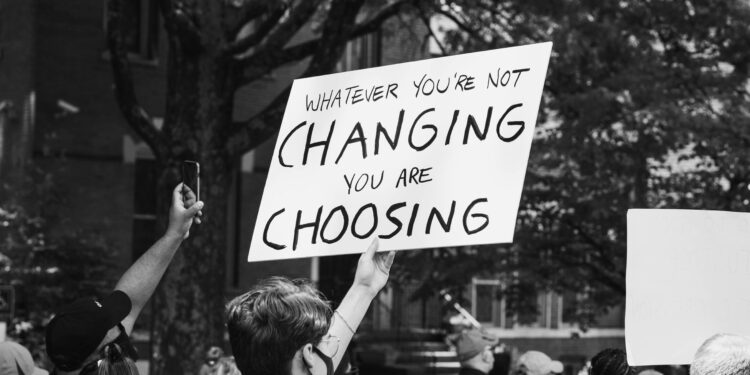The clashes between young Peruvians and police in Lima this weekend were not just another protest as it was dubbed the “Gen Z march.” This movement represents a generation that has inherited a state captured by corruption, crippled by insecurity, and utterly indifferent to their future.
The immediate trigger may have been the deeply unpopular pension reform (a policy that forces youth to pay into a system they have zero faith will ever pay them back) but the fuel is a comprehensive disillusionment with the entire political establishment.
From a president, Dina Boluarte, whose approval rating languishes in the single digits after the “outrageous” move of doubling her own salary, to a Congress accused of raising its own pay while the nation suffers, Peru’s leaders have created a vacuum of legitimacy. The chants of “united for the Peru we deserve” are a direct indictment of a ruling class that has fundamentally failed.

Why It Matters
What makes this movement uniquely potent is the convergence of disparate grievances into a unified front. The “Gen Z” protesters, animated by economic despair and political betrayal, were joined by an equally desperate group: bus and taxi drivers being systematically extorted by violent gangs like the Venezuela-based Tren de Aragua.
This alliance reveals that the state’s failure is twofold: it is both corrupt and incapable of providing the most basic function of government—security. The drivers’ placards reading “We demand a life without fear” and their accusation that police “turn a blind eye” point to a chilling reality: the social contract in Peru is not just frayed; it is severed.
The government is seen not as a protector but as a self-serving entity, either complicit in or incompetent against the criminal forces preying on its citizens. The police response, condemned by human rights groups for firing “large amounts of tear gas” without justification, only reinforces this narrative of a state that is quick to violently suppress dissent but slow to protect its people from genuine harm.
Quelling this unrest will require more than rubber bullets and temporary dispersals. A lasting solution demands courageous, systemic reforms that address the root causes of the rage.

















